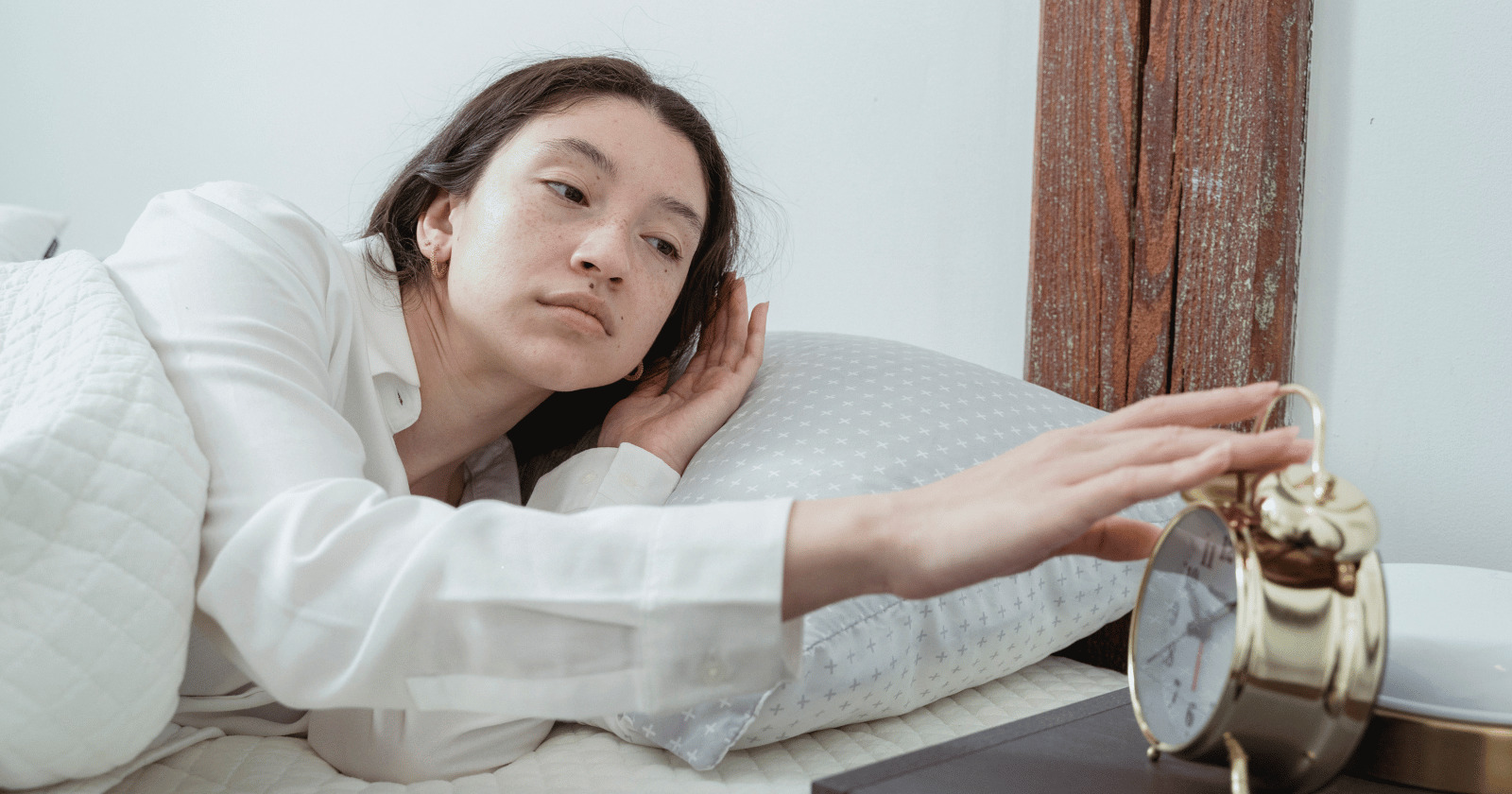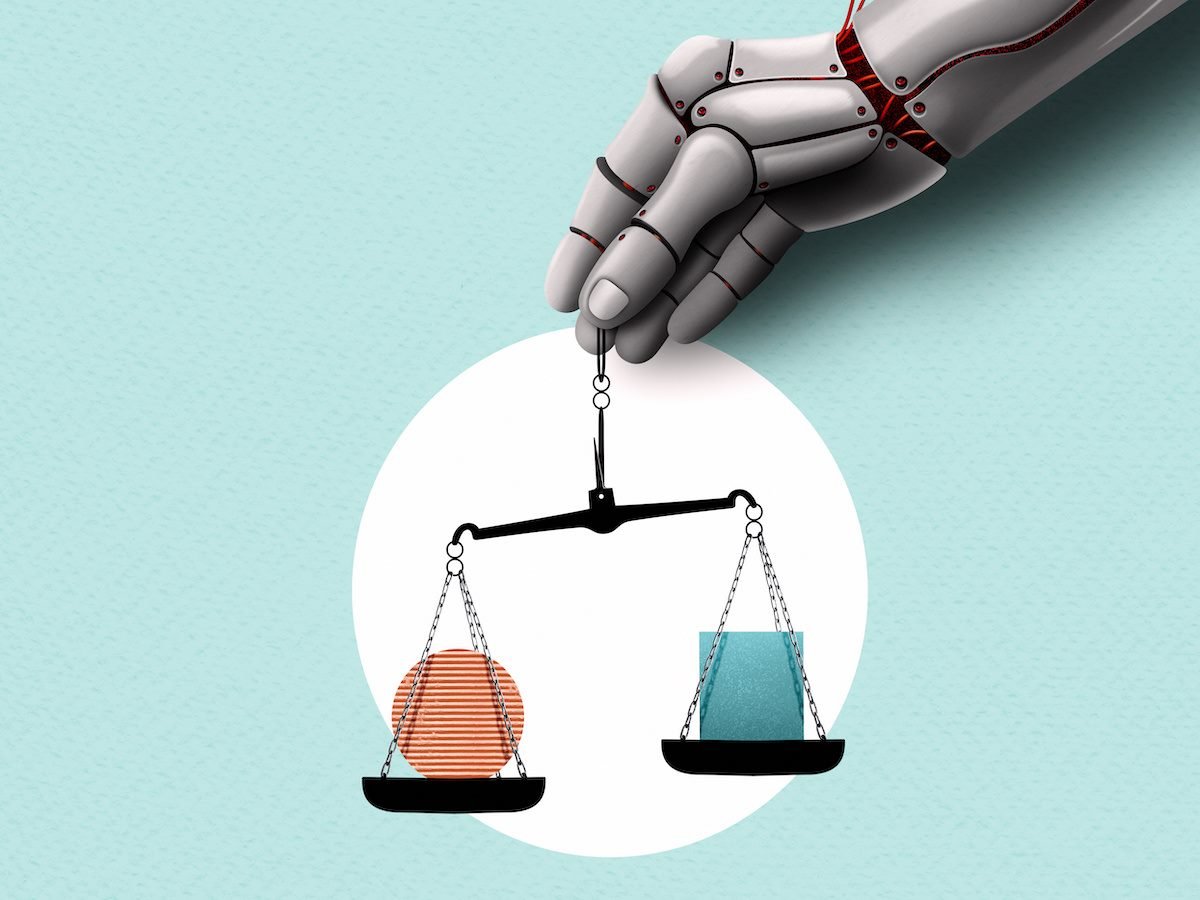7 Sneaky Evening Habits That Could Be Robbing You of Your Morning Energy
I’m talking ice cream at 10 p.m. or a big bowl of pasta as a midnight snack. It always felt comforting in the moment, but I’d regret it when I couldn’t settle into sleep or woke up feeling groggy.
Digestion takes energy, and consuming a large or sugary meal before bedtime puts your system into overdrive. I used to assume I could just lie down and let my body handle it, but the truth is that my sleep was lighter, and I’d often wake up at odd hours.
If I get a bit hungry late in the evening, I’ll opt for a light snack like a banana or a small serving of yogurt. It’s much easier on my system and doesn’t interfere with the rest I need.
6. Inconsistent bedtime schedule
I used to be the queen of “catching up” on weekends. I’d stay up late on Friday and Saturday, telling myself I deserved to let loose after a busy week. Come Sunday night, though, I couldn’t fall asleep. Monday morning would arrive, and I’d be scrambling to get back on track, feeling more tired than before.
Our bodies love rhythm, which is something James Clear often highlights in his work on habit formation. Having a set bedtime doesn’t sound glamorous, but it trains your internal clock. These days, I aim for a consistent lights-out time, even on weekends.
A bonus is that I’m rarely jolted awake by my alarm—I often stir naturally, which feels so much better than that dreaded beep. Life will throw curveballs, and some nights I do stay up later. But the more I respect my internal clock, the easier mornings become.
7. Using alcohol as a sleep aid
In my mid-20s, after a long day of training or coaching, I’d sometimes unwind with a glass of wine. It felt like it took the edge off and made me sleepy. The catch is that although alcohol can help you nod off initially, it disrupts the quality of your rest.
You might pass out quickly, but the second half of the night often becomes fragmented, leading to those groggy, “Why am I so tired?” mornings.
For me, the proof is in how I feel when I wake up. A couple of drinks close to bedtime often leads to feeling restless overnight. While I don’t completely avoid alcohol, I’ve learned to time it wisely—if I’m going to have a drink, I try to do it earlier in the evening. That gives my body time to metabolize it before I slide under the covers.
Conclusion
Feeling refreshed in the morning isn’t just about what time you go to bed or how many hours you manage to log—it’s about taking an honest look at the habits that shape your nights.
We all have quirks in our evening routines that can set us up for restless sleep and low energy. Identifying those quirks, one by one, is a step toward making mornings a little brighter.
Personally, I’ve found that small changes compound over time. By swapping late-night scrolling for a wind-down routine or cutting off caffeine after lunch, I started to wake up with a clearer head.
And on those days I do find myself dragging, I pause to ask: “Which of my own recommendations did I ignore last night?” It’s a work in progress, but I’ve learned that the payoff—feeling genuinely rested—is absolutely worth the effort.
If you can pinpoint even one evening habit that needs tweaking, you’re already on track to greet tomorrow with a whole lot more energy. Just remember, it’s all about progress, not perfection.













